"White House Trump" book sought by the US president's lawyers to prevent him
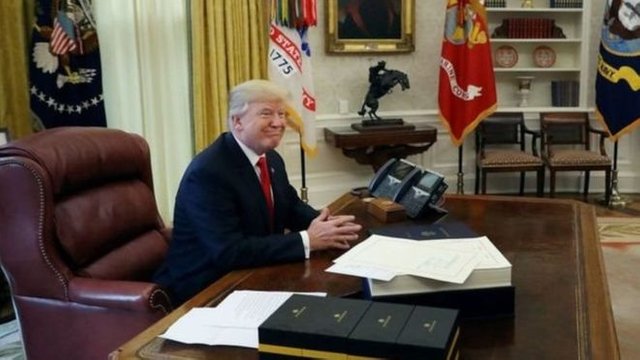
Trump won the presidency for his "confusion", did not enjoy the swearing-in ceremony, and was horrified by the White House, according to the new journalist Michael Wolfe's "Fire and Fury at White House Trump House", which the US president's lawyers sought to block. .
The book, based on more than 200 interviews, also spoke of many things, including the secret ambition of Ivanka Trump in the presidency, and Trump's respect for media mogul Murdoch, a respect that does not seem reciprocal.
Sarah Sanders, a White House spokeswoman, said the book was full of "false and misleading testimonies."
The following are the top 10 information revealed by the book and the BBC's Anthony Zorsher commenting on North American affairs:
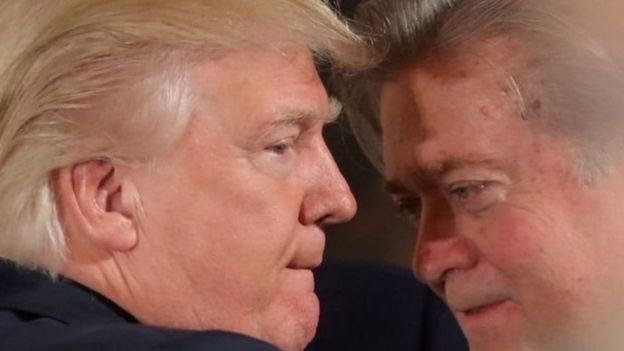
Wolf, a former White House adviser, described President Donald Rumsfeld's son Donald Trump's meeting with the Russians as a betrayal, pointing out that "the Russians offered Trump's son information destroying the efforts of Democratic candidate Hillary Clinton to win the election." "In a few sentences, Bannon blew up a bomb in the shooting effort to play down information and investigations in this regard," Zorscher said.
Wolff said Trump was confused by his victory in the 2016 presidential election. "This runs counter to what the circles surrounding Tramp have reported that he and his close allies were confident of winning," Wolf said.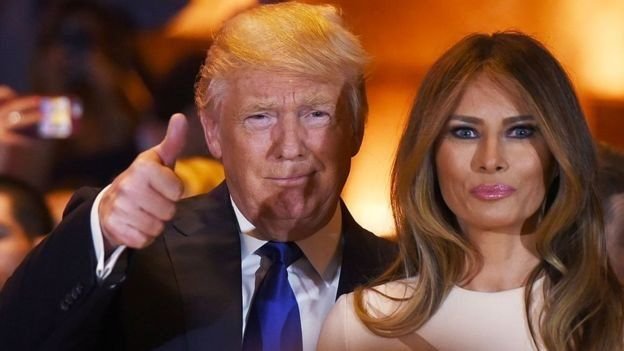
Wolff said Trump was "angry" and disinterested during his swearing-in ceremony and that he and his wife Melania were about to cry. The First Lady's Office denied that. "These words repeat the famous video in which Melania was trying to draw his smile on his face," said Zorscher. "Trump felt persecuted and ridiculed and his actions came from this."
Wolff said Trump was "terrified" by the White House. "For most of his life, Trump lived according to his rules as a billionaire whose property allowed him to do what he wanted," said Zorscher. "Adapting himself to the rules of the White House, which Harry Truman once described as the Great White Prison, is a shock to him."
Wolf attributed to Banon that Ivanka, the US president's wife, was looking forward to the presidency in the future on the basis of an agreement with her husband Jared Kouchner. It was Panon who launched the term "Garfanca". "The conflict between Bannon, Ivanka and her husband is no secret, not surprising, they represent everything they fight against, but thanks to the family ties, they are in the ears of the president," says Zorscher.
Wolf said Ivanka ridiculed her father's hairstyle and had told her friends in the past that the reason for the hairdo was a hair transplant that her father underwent. "It's no surprise if Trump considers this the most boring story," says Zorscher. "The president is proud of his hair."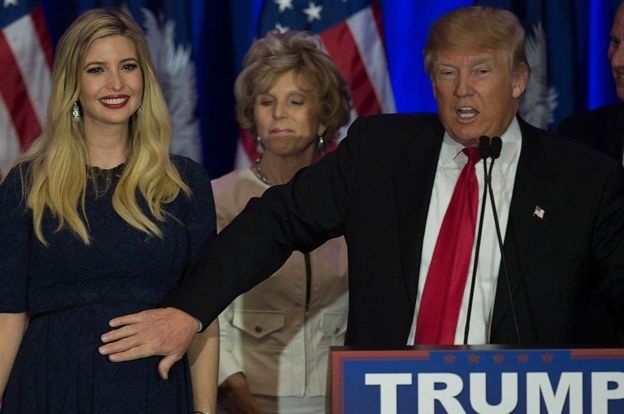
Wolf said the White House did not know what his priorities were. Keith Walsh, the White House deputy chief of staff, said that when Kouchner, the chief adviser to the president, asked what the administration was seeking to accomplish, he could not find an answer. "A new administration usually takes some time to set foot and it is more complicated for the Trump administration, On clear things like borders, taxes, trade agreements and the Obama health care program, but after he entered the White House, it was difficult to prioritize. "
Wolff said Trump had great respect for the media mogul Robert Murdoch, whom the US president called a "great man". "Despite the Trump conflict with the Murdoch-owned Fox network during his election campaign, the president is one of his biggest admirers after taking office," Zorscher said.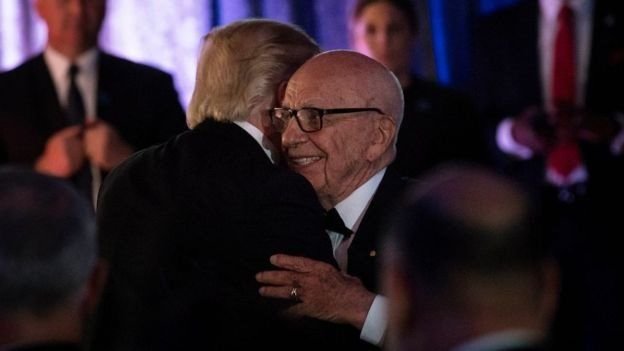
Woolf said Murdoch described Trump as stupid after a telephone conversation, commenting on a meeting with Silicon Valley executives on immigration issues. "There may sometimes be no connection between Trump's opposition to immigration and his status as a businessman whose companies often depend on migrant workers," Zorscher says.
Wolf said that former national security adviser Michael Flynn knew that his relations with the Russians were "problematic". According to the book, the former national security adviser knew that his acceptance of $ 45,000 from the Russians in exchange for a speech may cause trouble in the future, but he said, "It may only happen if we won." "So if Trump had been defeated, perhaps no one would have cared about Flin's relationship with the Russians," says Zorscher.